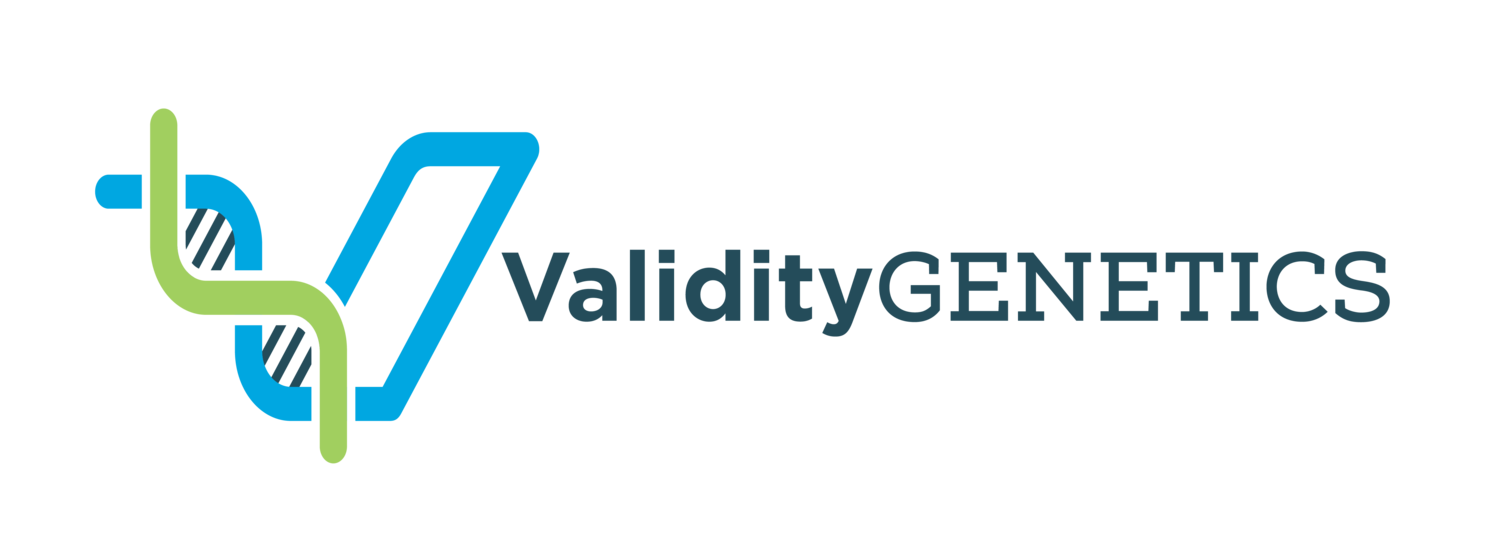DNA Testing Myths
Separating Fact from Fiction
DNA testing has become increasingly popular for uncovering ancestry, verifying relationships, and providing health insights. Despite its growing use, numerous myths and misconceptions still exist. Let's debunk some common myths about DNA testing and uncover the truth.
Myth 1: DNA Tests are Not Accurate
Fact: Modern DNA testing is extremely accurate. Relationship DNA tests, such as paternity or maternity tests, typically deliver results with 99.99% certainty. Advanced technology and precise genetic markers ensure reliable and accurate outcomes.
Myth 2: DNA Testing is Painful or Invasive
Fact: DNA testing usually involves simple, painless cheek swabs, making the process quick, easy, and completely non-invasive. No needles or blood samples are typically required for standard relationship or ancestry tests.
Myth 3: Your DNA Results Can be Shared Without Consent
Fact: Reputable DNA testing companies follow strict privacy policies, safeguarding your genetic data. Your information is typically only shared if you explicitly provide consent, such as for research purposes.
Myth 4: DNA Tests Can Reveal Every Health Condition You'll Ever Have
Fact: While certain DNA tests can indicate genetic predispositions for some health conditions, they cannot predict all future health outcomes with certainty. Lifestyle, environment, and other factors also significantly influence health.
Myth 5: All DNA Tests are the Same
Fact: Different DNA tests serve different purposes. Ancestry DNA tests, health DNA tests, Infidelity, and relationship DNA tests use distinct methodologies and markers. Understanding your testing goals helps select the appropriate test type.
Myth 6: Law Enforcement Can Easily Access Your DNA Data
Fact: DNA testing providers generally do not share your genetic information with law enforcement without legal authorization, such as a court order. Providers' privacy policies clarify the specific conditions under which your data could be shared.
How to Ensure Accurate DNA Testing
Choose a reputable and accredited laboratory.
Follow all provided sample collection instructions carefully.
Clarify your goals and select the right type of DNA test for your needs.
Final Thoughts on DNA Testing Myths
Misconceptions about DNA testing can deter people from accessing valuable genetic information. By understanding these common myths and the realities behind them, you can confidently make informed decisions about using DNA tests.









